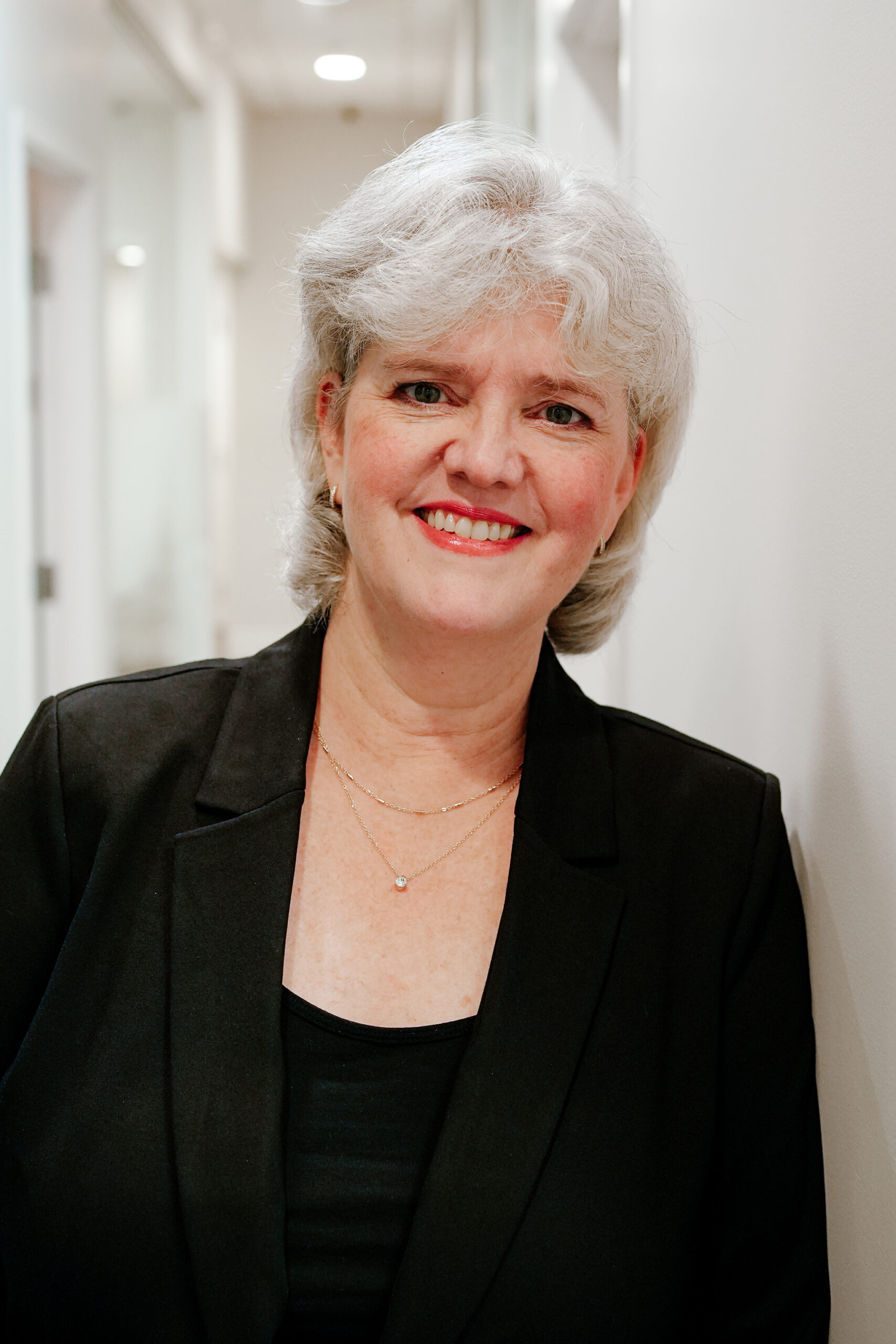The Question on Every Soon-to-Retire Homeowner’s Mind
For generations, the gold standard of retirement planning has been clear: pay off your mortgage, become debt-free, and live comfortably on a fixed income. But times have changed. Retirement no longer has one definition—and neither does financial freedom.
So here’s the million-dollar question (or maybe just the last $250,000 question): Is it okay to retire with a mortgage?
The answer is: it depends.
Let’s break it down with years of financial advising wisdom, real-world scenarios, and the same practical, no-nonsense approach we use every day with clients at Connect Wealth.
The Upside of Retiring with a Mortgage
Contrary to popular belief, retiring with a mortgage doesn’t necessarily mean you’ve done something wrong. In some cases, it can be a smart, strategic decision.
1. Predictable Monthly Payments
A mortgage, especially one with a fixed interest rate, can give you cost certainty—a luxury in retirement. Compare that to rent, which can increase year after year. If you’ve locked in a low monthly payment, you’ve essentially stabilized one of your biggest expenses.
2. Low-Interest Leverage
We’re still in a historically low-interest environment. If your mortgage rate is, say, under 3.5%, and you have investment opportunities generating 5% or more, it may make more financial sense to let the mortgage ride and let your money work harder elsewhere.
3. Tax Considerations
Depending on your situation, some of the mortgage interest may still be tax-deductible, even in retirement. While this isn’t a primary reason to keep a mortgage, it’s a potential benefit that’s worth discussing with your accountant or advisor.
The Downside of Carrying Debt into Retirement
There’s a reason people aim to retire mortgage-free. While it’s not a necessity, it’s certainly a luxury that can offer peace of mind—and fewer financial complications.
1. Fixed Income, Fixed Stress
Most retirees live on a fixed income—government benefits, pensions, RRIFs, etc. Even a modest mortgage can become a burden if your other costs rise or your income doesn’t stretch as far as expected.
2. Less Flexibility
Want to downsize? Travel? Help your kids financially? A mortgage can tie up equity and make it harder to access funds when you want them most. Selling your home means paying off the balance first, which can reduce what you walk away with.
3. Emotional Weight
Financial decisions aren’t just about math—they’re about mindset. For many retirees, carrying debt into this life stage creates unnecessary stress. Being debt-free isn’t just freeing on paper—it’s freeing in life.
So, What’s the Right Move?
Here’s the truth: there’s no one-size-fits-all answer. The “right” decision depends on your cash flow, your goals, your risk tolerance, and your values.
At Connect Wealth, we’ve seen both paths work. We’ve walked alongside clients who chose to enter retirement with a small mortgage and a clear investment strategy—and others who felt most empowered by paying it off completely.
What we always recommend? Have a plan.
Whether you’re five years from retirement or five months away, knowing where you stand—and how each choice affects the bigger picture—is what brings confidence.
Final Thought: Ask the Right Questions, Get the Right Answers
- Are your payments manageable within your retirement income?
- Do you have enough liquidity for emergencies or lifestyle goals?
- Are you mentally comfortable carrying this debt, or would eliminating it bring peace?
If you’re unsure, we’re here to help. Our team at Connect Wealth can walk you through your options and help build a plan that fits your unique story—mortgage or no mortgage.
Because retirement shouldn’t be about worry. It should be about what comes next.
Need to review your retirement plan?
Let’s talk. → Connect with us today.




















